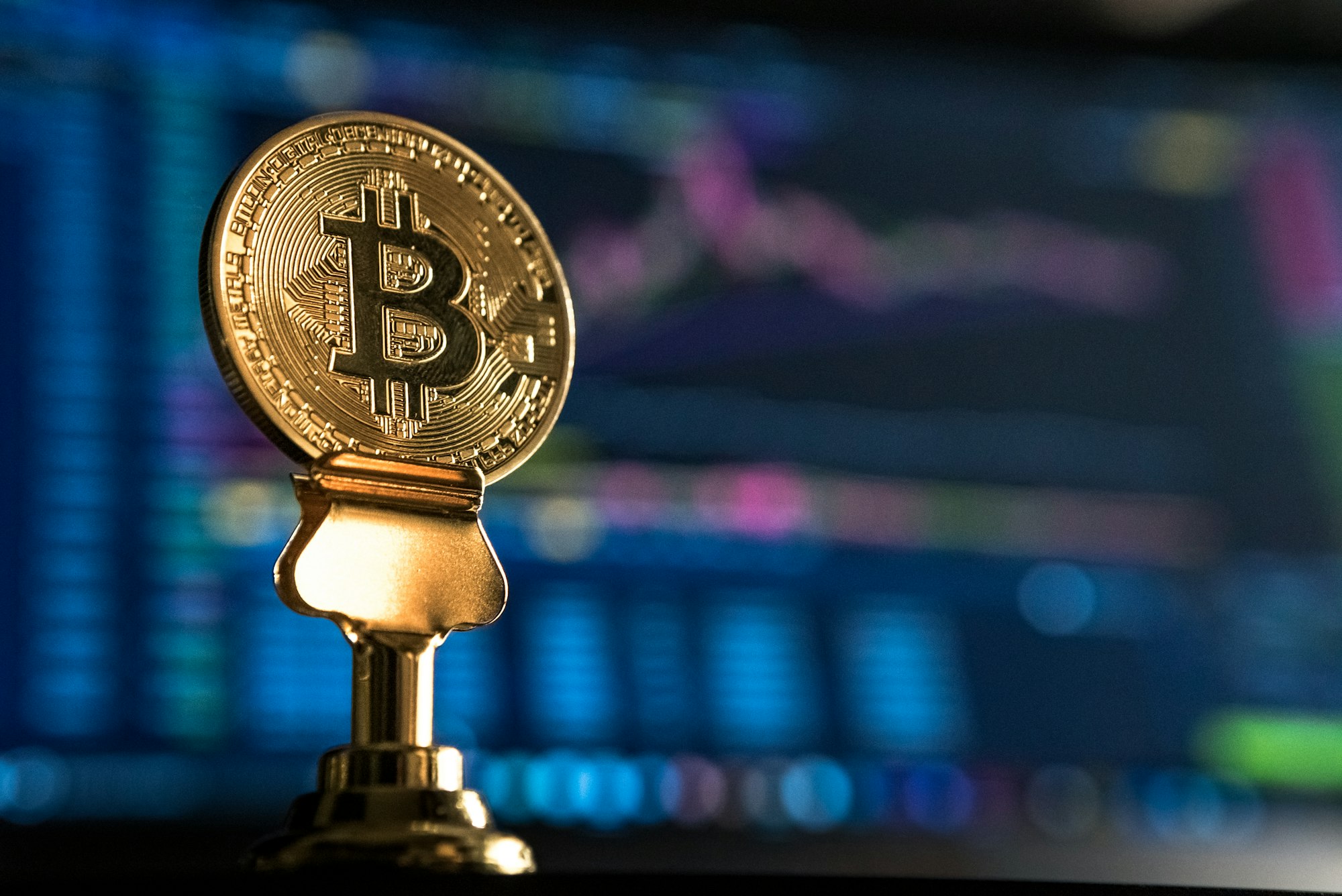Bitcoin: Terms you need to know - Part I

The new technological advances have brought a revolution on how economic agents interact with society and markets. Nowadays, the use of virtual currencies is more frequent in the financial transactions and bitcoin has been defined as the most important world cryptocurrency.
Whenever we talk about Bitcoins, the focus immediately shifts to its price rather than the concept and significance of it. Although many people have heard about cryptocurrencies, others think about it as a form of underworld banking or currency with crooks doing shady deals behind computer monitors. But that's far from the truth.
Bitcoin is nothing more than an electronic currency that people use the same way they spend fiat money. People use different terminologies to define Bitcoin. Some people call it a cryptocurrency, while others use digital currency. Some individuals refer to Bitcoin as a virtual currency. But, all these terms are correct. That's because Bitcoin is digital money; It's a form of electronic cash or money. That means you can't have physical Bitcoins in your pocket, Bitcoin resides in computers and mobile devices only.
In our blog we've talked before about blockchain and ethereum, which are a part of the cryptocurrencies world but today we want to offer you a very complete bitcoin glossary that you must know in case you decide to enter this crypto world. Let's get to it!
Bitcoin Glossary
A
ASIC (Application-Specific Integrated Circuit): A computer chip customized for a specific use.
Atomic Swap: A smart contract-enforced exchange of cryptocurrencies across different blockchains.
B
Batching: The practice of combining multiple bitcoin payments into a single transaction with multiple outputs, lowering the amount of data processed and the translation fees.
BIP (Bitcoin Improvement Proposal): A significant proposal to change Bitcoin at the protocol level.
Block: An individual unit of a blockchain.
Block Header: The metadata included in a Bitcoin block that serves as a summary of that block.
Blockchain: A public list of all blocks that have ever been mined.
Block Height: The number of blocks in the blockchain between a given block and the genesis.

C
Chain Reorganization (Blockchain Reorganization): A reorganization of the blockchain by a Bitcoin client that discovers a newer version of the blockchain.
Coinbase: The first transaction in each Bitcoin block.
CoinJoin: A method for combining multiple Bitcoin payments from multiple senders into one transaction.
Cryptography: Secure techniques based on mathematical concepts.
D
DCA (Dollar-Cost Averaging): An investment strategy using a fixed amount of dollars or other currencies.
DEX (Decentralized Exchange): A cryptocurrency exchange where people can trade cryptocurrencies without a central company.
Distributed Ledger: A type of data structure that is spread across multiple sites, countries or institutions.
Double Spend: A double spend is an attempt to send the same bitcoins twice.
Is crypto the future of global economy?
No crystal ball can show us the future direction of the crypto industry. However, more people are gravitating toward digital currencies as they learn their unique value propositions. With all the capital, talent, and innovation entering the crypto space, it's hard to imagine global adoption will decrease in the ensuing years.
However, as crypto becomes more widely adopted, there's also a greater chance crypto will face increased regulations from governments and global institutions. The prevalence of hacks in the crypto space has already drawn criticism from many lawmakers. Many governments are working on Central Bank Digital Currencies (CBDCs) to compete with the growing popularity of centralized stablecoins like USDT.
Since the crypto industry surpassed the $1 trillion mark in 2021, most economists expect it’ll become a significant feature of the future financial system. More companies are developing ways to bring digital assets to the masses, further increasing global adoption. Even if governments aren't keen on crypto, they’ll likely be forced to craft clear Web3 policies and regulations in the future.
If you liked this article, subscribe to our blog.
Remember that you can find us on Instagram, Facebook and Twitter as @esauriook
On LinkedIn as e•Saurio

